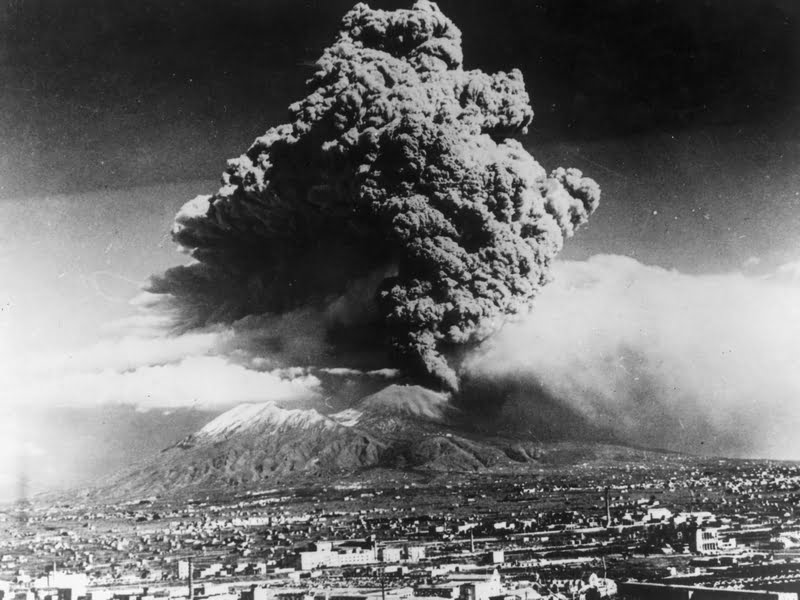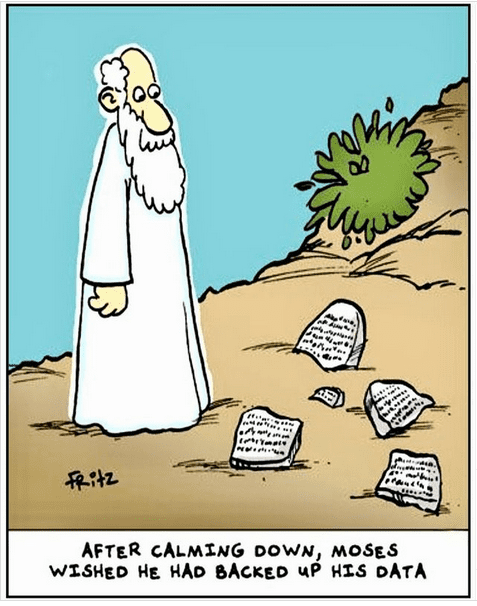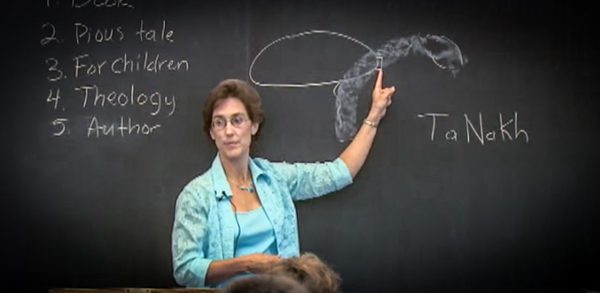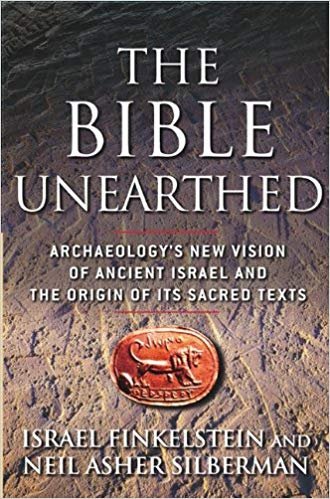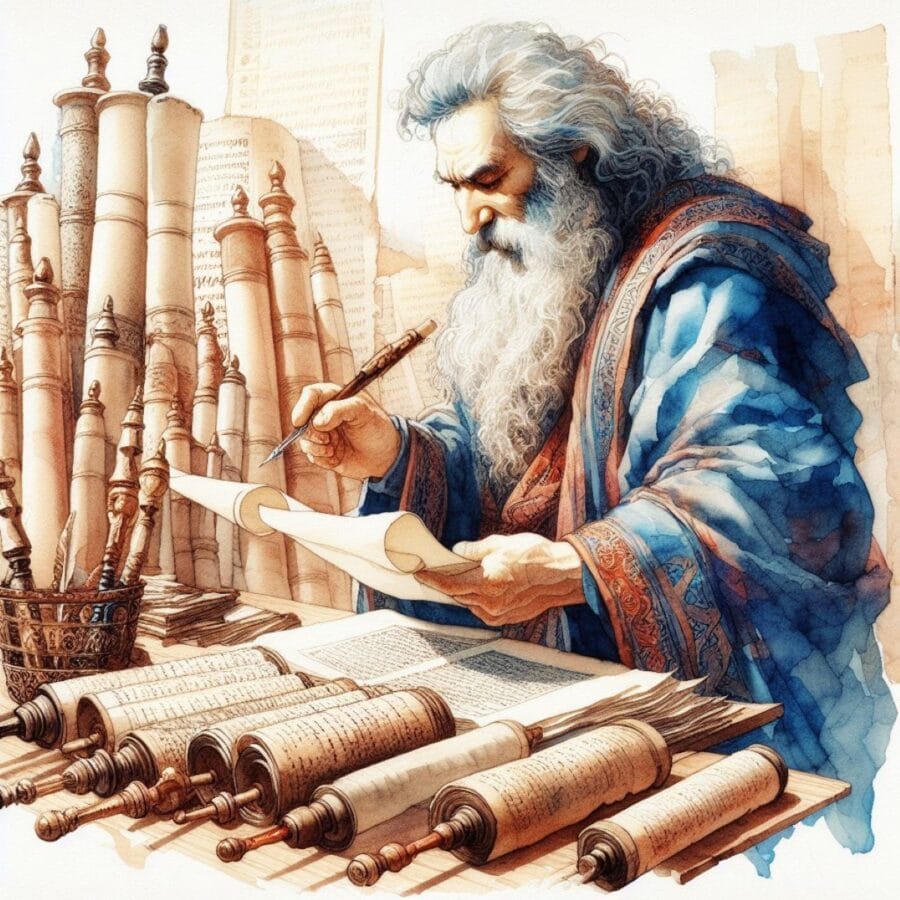
Most Bible scholars outside of the Evangelical ghetto believe the Pentateuch/Torah — the first five books of the Bible: Genesis, Exodus, Leviticus, Numbers, and Deuteronomy — was written by multiple authors over centuries. Many Evangelicals, on the other hand, believe Moses wrote the Pentateuch — an absurd claim if there ever was one. If you are unfamiliar with why this position is absurd, give the Wiki on the subject a read.
Thinking that Moses wrote the first five books of the Bible leads to all sorts of apologetic gymnastics and wild explanations for things in the text that make Mosaic authorship an impossibility. Is Moses authored the book of Deuteronomy, explain chapter 34, verses 4-8:
And the Lord said unto him, This is the land which I sware unto Abraham, unto Isaac, and unto Jacob, saying, I will give it unto thy seed: I have caused thee to see it with thine eyes, but thou shalt not go over thither. So Moses the servant of the Lord died there in the land of Moab, according to the word of the Lord. And he buried him in a valley in the land of Moab, over against Bethpeor: but no man knoweth of his sepulchre unto this day. And Moses was an hundred and twenty years old when he died: his eye was not dim, nor his natural force abated. And the children of Israel wept for Moses in the plains of Moab thirty days: so the days of weeping and mourning for Moses were ended.
If Moses wrote Deuteronomy, how is it possible he also wrote his obituary? Absurd, right? I know all the explanations Evangelicals give to explain how this is possible, but none of them seem plausible. No, it is far more likely that an unknown author tacked on his account of Moses’ death long after he died. Problem solved, but many Evangelicals can’t accept that explanation because Bible literalism forced them to accept that Moses wrote the Pentateuch and he somehow mentioned his demise before he died, centuries after his death.
Here’s another. Take Numbers 12:3:
(Now the man Moses was very meek, above all the men which were upon the face of the earth.)
If Moses wrote the Pentateuch, he sure had a high opinion of himself. the Bible has a lot to say about the sin of pride, does it not? No, it is far more likely that an unknown author added this description of the humble, meek Moses long after he was dead. Of course, if you are an Evangelical who believes in the transcription theory — God gave Moses the words to write, he was just a secretary — problem solved. Just remember, when facing an insurmountable problem with the Biblical text, appeal to faith and the supernatural. Problem solved.
Bruce Gerencser, 68, lives in rural Northwest Ohio with his wife of 47 years. He and his wife have six grown children and sixteen grandchildren. Bruce pastored Evangelical churches for twenty-five years in Ohio, Texas, and Michigan. Bruce left the ministry in 2005, and in 2008 he left Christianity. Bruce is now a humanist and an atheist.
Your comments are welcome and appreciated. All first-time comments are moderated. Please read the commenting rules before commenting.
You can email Bruce via the Contact Form.

